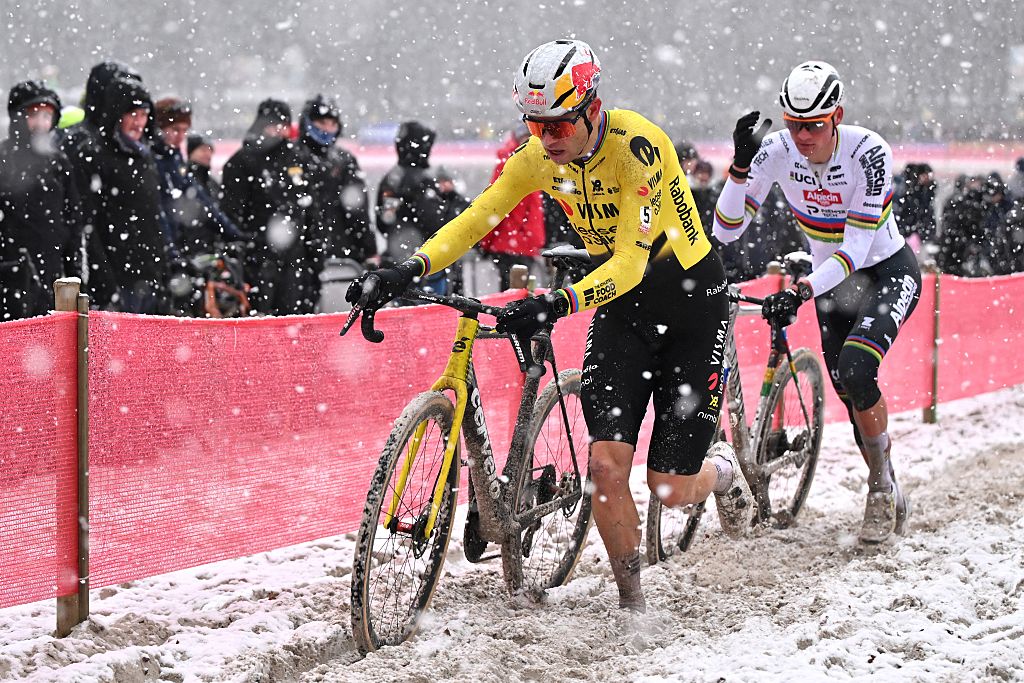Horner not setting a timeline on retirement
American says lung infection improving, but 'legs are bad'
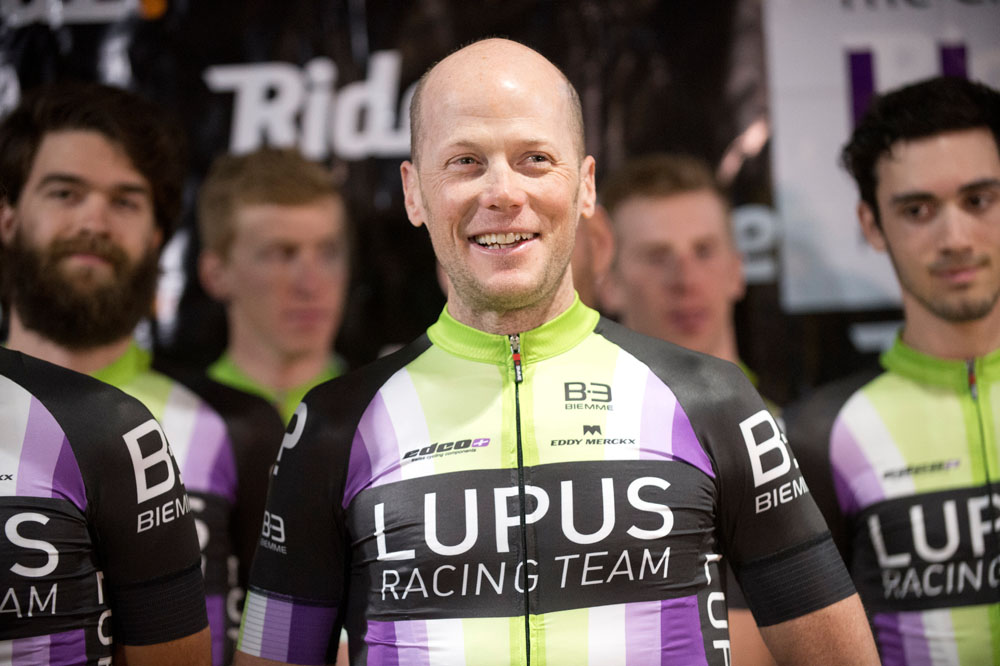
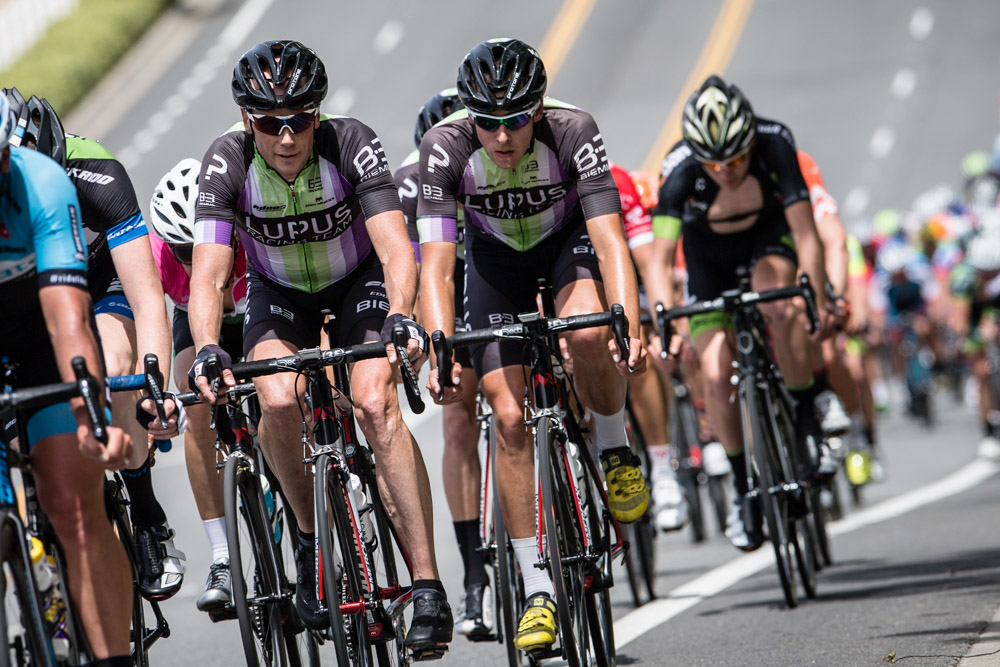
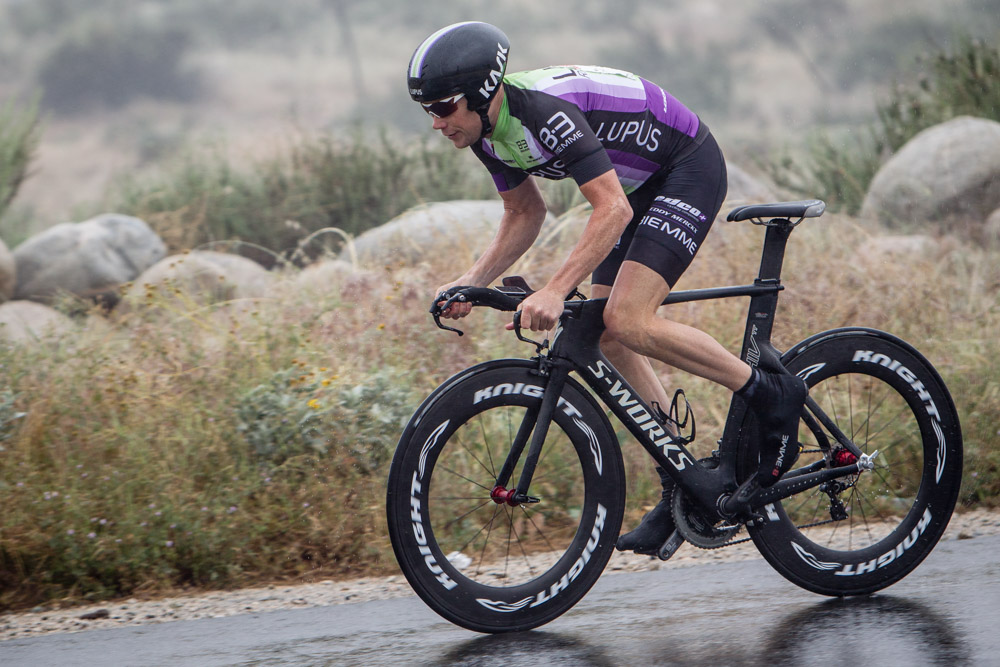
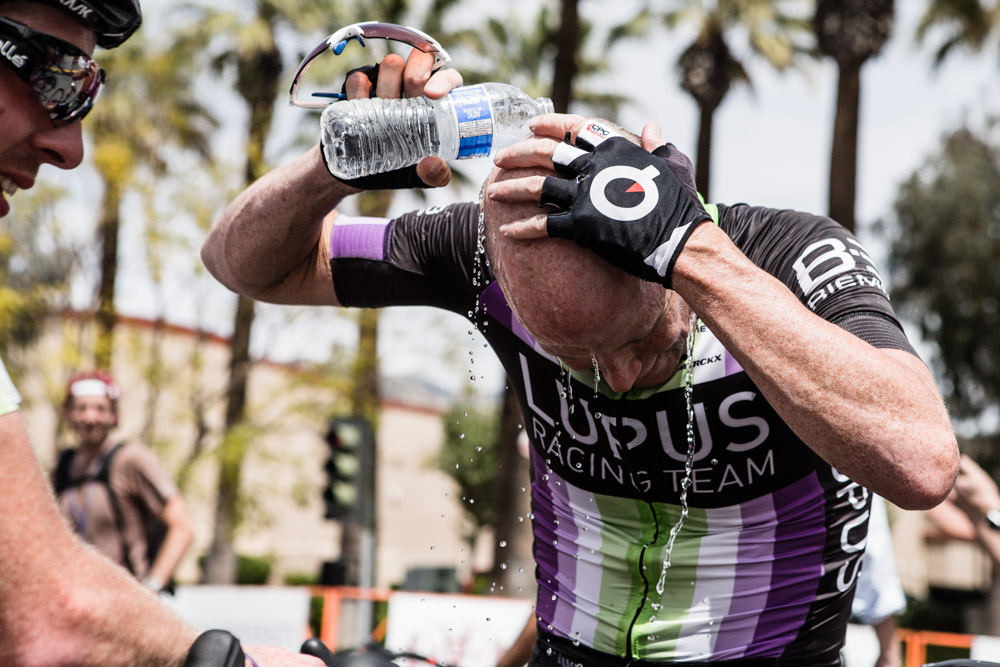
Chris Horner (Lupus Racing Team) says his lung infection that has plagued him since the 2014 Tour de France is slowly improving but the numerous courses of antibiotics he's had to endure has taken a toll on his riding. Even though his results have yet to satisfy, he's still enjoying racing and determined to continue in hopes that his legs come around.
After an unremarkable Redlands Classic last month where he finished 21st, a distant four minutes behind race winner Matteo Dal-Cin (Silber), Horner is back at the Tour of the Gila, a race that has eluded his palmares. But coming 12th on the summit finish at Mogollon on stage 1 behind winner Lachlan Morton, at 2:30 on the type of terrain that should suit a Grand Tour winner showed that the 44-year-old is not yet up to his best.
Horner has had problems with his lungs since 2014, when he thinks he picked up an infection in France. It took a year and a half before he finally was diagnosed with a bacterial lung infection that was resistant to the usual antibiotics. He has had to take multiple treatments of strong medications to treat the condition, and is starting to see some promising signs that it's working.
"The medication has made the lungs better, but it's fucked the legs," Horner told Cyclingnews. "I finished the last round the day before Redlands, but I was doing a four-week course of antibiotics, then four weeks off. That was the 14th round in two years. I'll just wait and see if the medication finally wears off and the legs get better, or if it's just time to retire."
The idea of retirement is a tougher pill to swallow in contrast to the mountain of pills he has been forced to down to treat the infection. But Horner is ever optimistic that the corner he needs to turn is just up ahead.
"Everyone asks me when it's going to be cured. It's almost two years now. Now the lungs are breathing better, so if the legs could come back good - maybe they'll come back tomorrow. I don't know.
"Half the time when people quit the sport because of an injury, I wonder if they quit too early. You just don't know. I don't need the money - I own my house, I made a ton of money. I have all the time in the world to ride my bike. If I ride for free or if someone pays me, even better. I was still in the front group [today] - I am just waiting to see what happens."
The latest race content, interviews, features, reviews and expert buying guides, direct to your inbox!
Even if the power doesn't return, Horner is reluctant to give up his passion for the sport, but he is beginning to acknowledge that maybe his best form is behind him.
"Sooner or later it might not be the lungs or the legs, it might just be age," Horner admits. "As long as I'm in the front group and I enjoy it ... and I do, I enjoy it. But in the US, these races are harder for me because they're so short and explosive. It would be easier to ride in Europe where we ride for 120 miles, and everyone is so fatigued at the end they're only capable of doing 375 watts, versus here we hit the climb at two and a half hours in and everyone can do 425. You can see where a little bit bigger guys with more power do well - they can do one climb fresh. Even Mark Cavendish can do one climb.
"I'll just play it out. As long as I'm having fun, and in the front group, I'll keep doing it until something better comes along. But it's pretty hard to get better than bike racing."

Laura Weislo has been with Cyclingnews since 2006 after making a switch from a career in science. As Managing Editor, she coordinates coverage for North American events and global news. As former elite-level road racer who dabbled in cyclo-cross and track, Laura has a passion for all three disciplines. When not working she likes to go camping and explore lesser traveled roads, paths and gravel tracks. Laura specialises in covering doping, anti-doping, UCI governance and performing data analysis.
